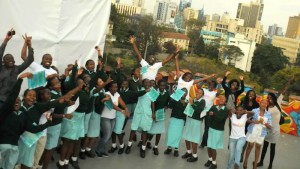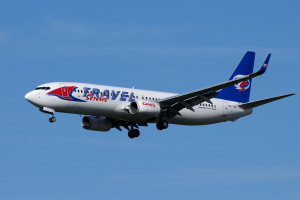The Bill and Melinda Gates Foundation’s mission is to help uplift those in extreme poverty. They have given millions in aid and have studied how their generous donations help achieve their lofty goals. The Bill and Melinda Gates Foundation released their annual letter on Thursday where they said there will be four breakthroughs for those living in extreme poverty in the next 15 years.
They believe the number of child deaths before age five will continue to decrease quickly. They point out that in just the last 25 years the number of child deaths was cut in half. They believe that feat can be accomplished in just 15 years this time around. This will be accomplished through a number of different factors. Increased vaccinations for common killers like diarrhea and pneumonia and better sanitation practices in the countries where this lack of sanitation causes the spread of disease.
Another one of their goals is getting Africa to be self-sufficient. As technology gets better and is spread throughout Africa the thought is that education in farming practices coupled with enhanced fertilizer will help farmers yield more crop. Once they are yielding more they will be able to sell the excess and buy other goods to improve and diversy their diets. Improved infrastructure will complement these positive changes.
Perhaps the most interesting change they foresee is the rise of mobile banking for the poor. Not having access to banking institutions can make it even more difficult to be poor. As mobile banking becomes a more common practice, people will be able to store assets digitally and other financial services like micro-loans will be made available to them.
Finally, the spread of technology will facilitate online education. The online education industry is nascent even in The United States so people in developing countries will be able to take advantage of the technology right alongside us. Education platforms that know when a child doesn’t understand something are already being built. This has the chance to be even more revolutionary abroad than it does in America.

